Here's everything you need to know about the Love Actually Netflix advert controversy
What does it all mean?
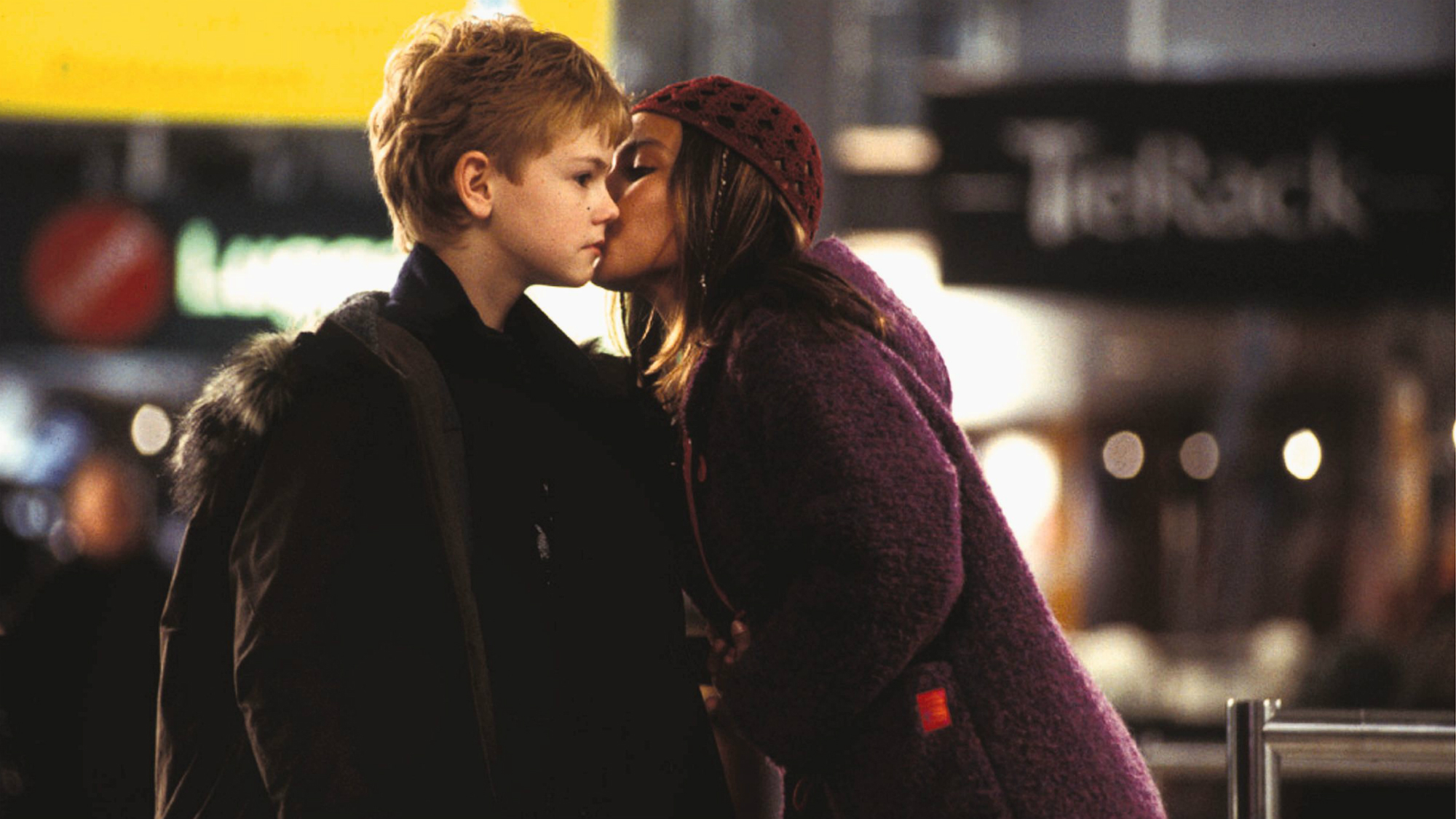

What does it all mean?
Christmas is officially on its way and it’s safe to say we can all prepare for a few months of mince pies, log fires and binge-watching Christmas films.
The number one film on most of our Christmas lists? Love Actually.
From Rowan Atkinson’s hilarious gift wrapping scene to the heartbreaking moment when Emma Thompson opens the Joni Mitchell CD instead of a gold necklace, we all remember that film like we lived it ourselves.
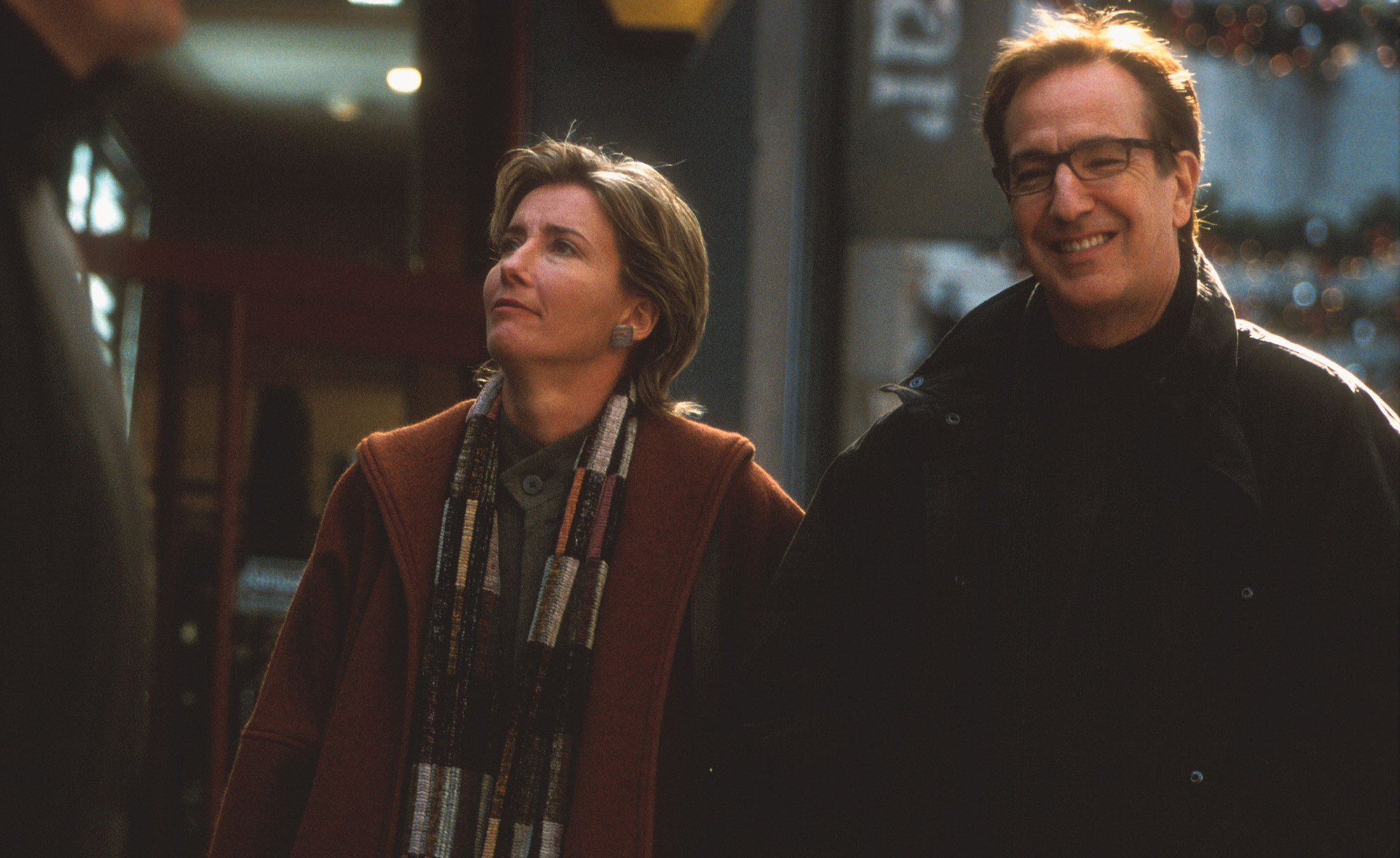
This month however, the Richard Curtis classic has made headlines for a different reason - an advert controversy, but it’s not the film but its streaming service, Netflix, that has come under fire.
Confused? We’ll talk you through it.
Netflix has been accused by some of its subscribers of using controversial advertising tactics, with speculation spreading that the streaming service changes the film thumbnail photos depending on the subscriber.
Marie Claire Newsletter
Celebrity news, beauty, fashion advice, and fascinating features, delivered straight to your inbox!
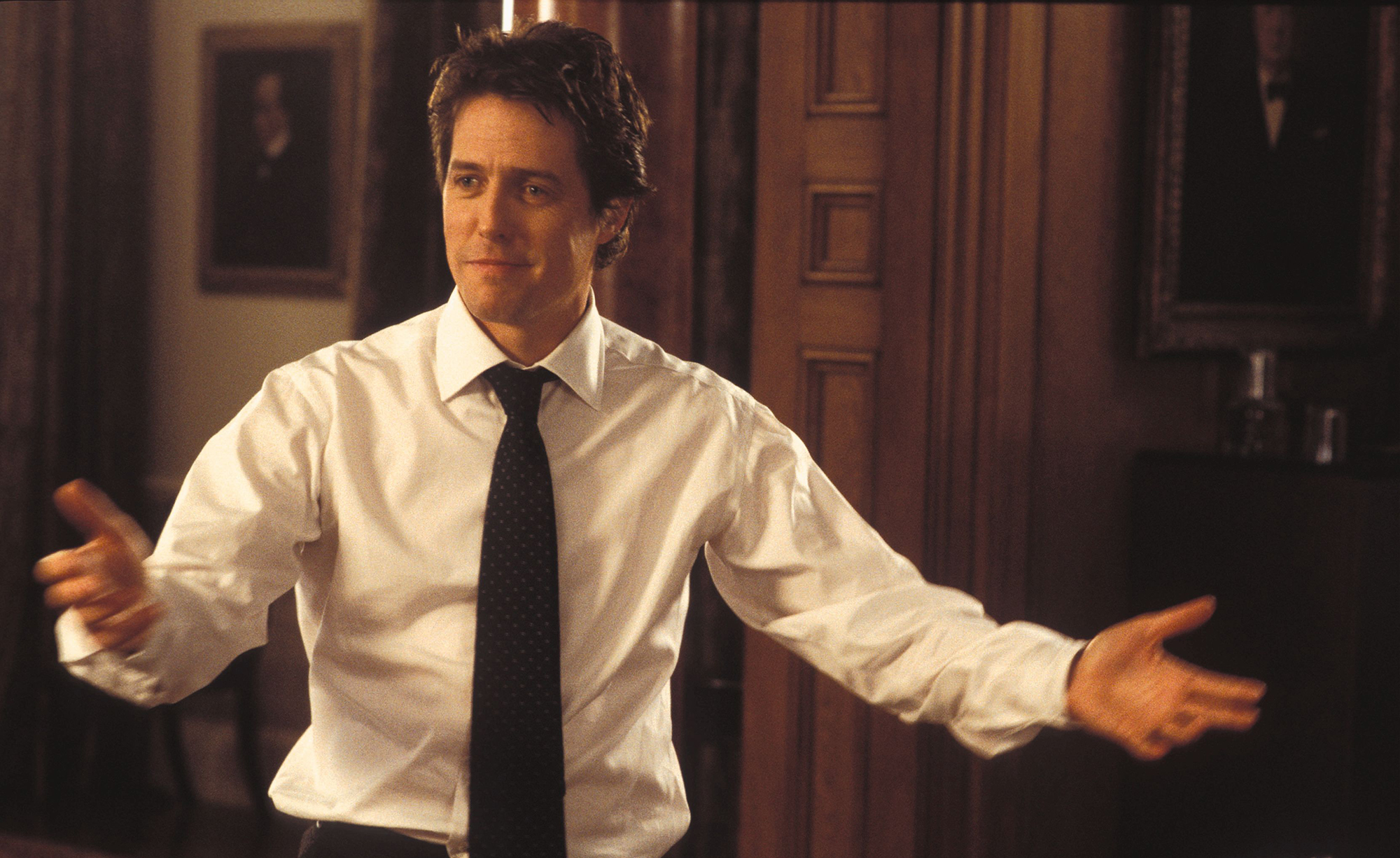
This theory spread across the internet just this week when Netflix subscribers reported seeing different thumbnail photos to people of a different skin colour.
Several black Netflix users noticed that instead of a photo of the film’s leads, Hugh Grant or Colin Firth, their thumbnail was of Chiwetel Ejiofor, despite the actor only playing a minor role in the film.
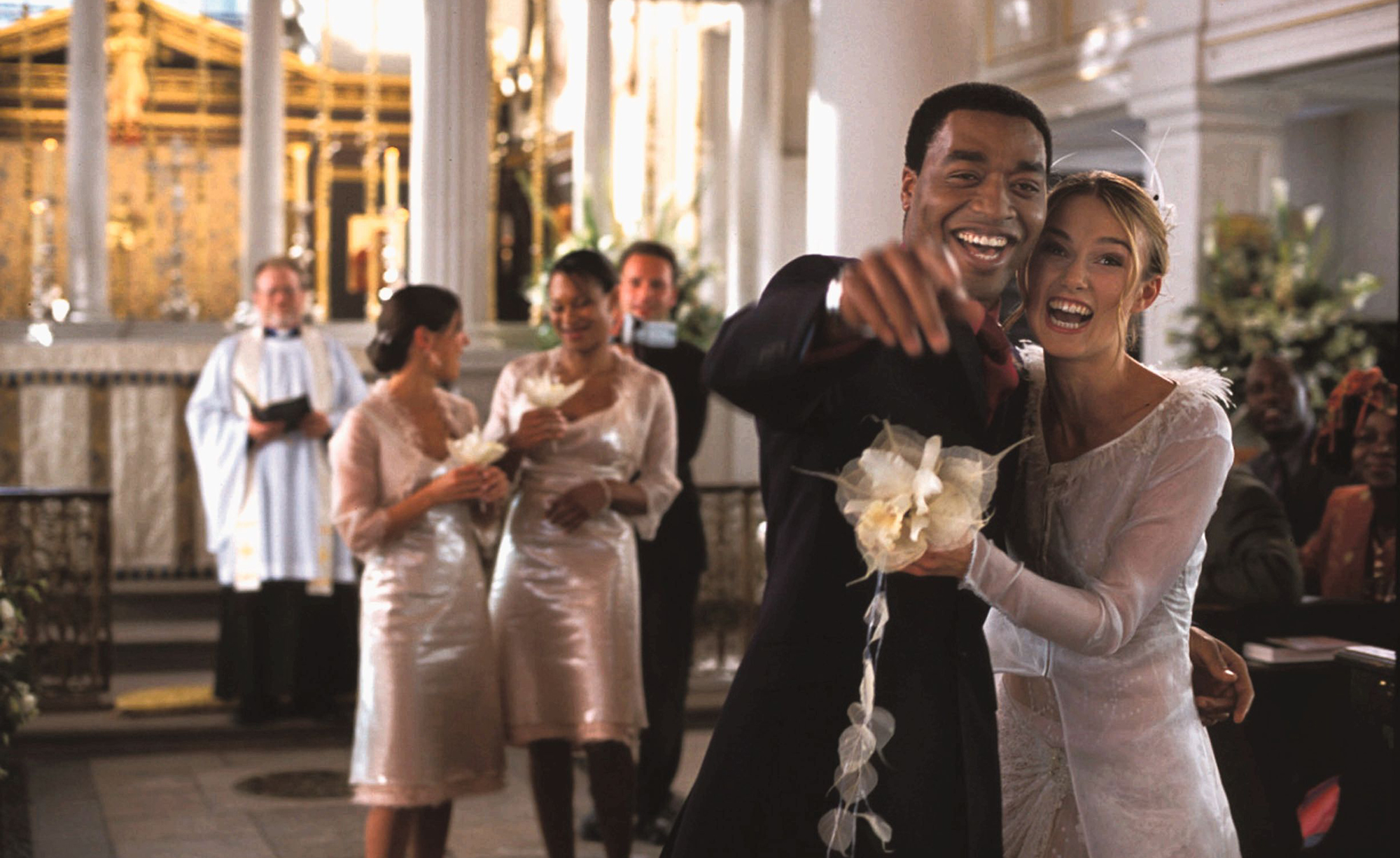
And it didn’t stop there, with other black subscribers reporting to seeing predominantly black cast members on the thumbnail photos in their Netflix queues, from Like Father to The Good Cop.
‘Other Black @netflix users: does your queue do this? Generate posters with the Black cast members on them to try to compel you to watch?,’ one subscriber Stacia l. Brown posted to Twitter. ‘This film stars Kristen Bell/Kelsey Grammer and these actors had maaaaybe a 10 cumulative minutes of screen time. 20 lines between them, tops.’
Later she posted another tweet: ‘Just did another cursory scroll of suggested watches and the posters they gave me.'
Netflix has since responded to the accusations, announcing: ‘We don’t ask members for their race, gender or ethnicity so we cannot use this information to personalise their individual Netflix experience. The only information we use is a member’s viewing history.’

Jenny Proudfoot is an award-winning journalist, specialising in lifestyle, culture, entertainment, international development and politics. She has worked at Marie Claire UK for seven years, rising from intern to Features Editor and is now the most published Marie Claire writer of all time. She was made a 30 under 30 award-winner last year and named a rising star in journalism by the Professional Publishers Association.
-
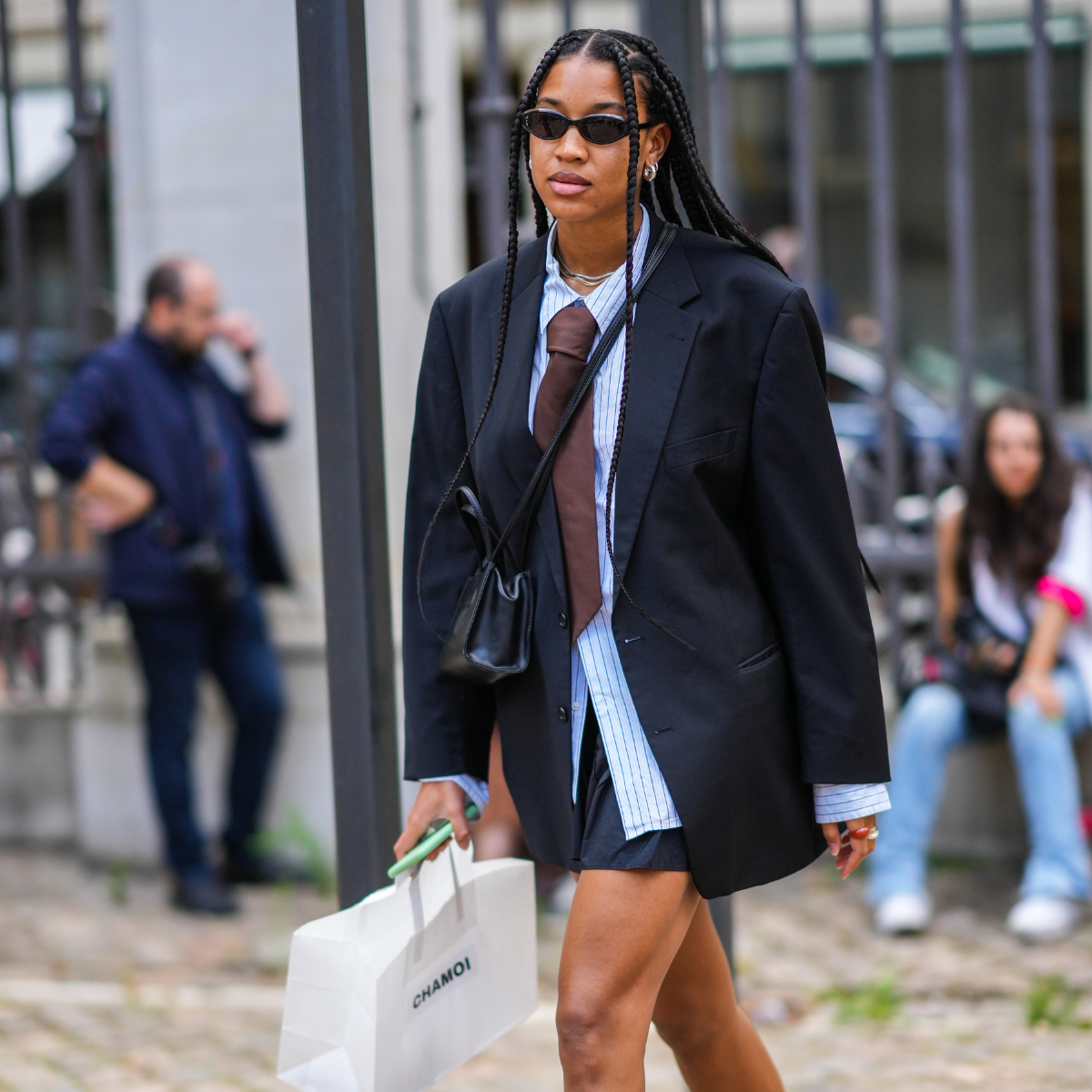 Ties are the unexpected cool-girl accessory to invest in this season
Ties are the unexpected cool-girl accessory to invest in this seasonSchool is in session
By Sofia Piza
-
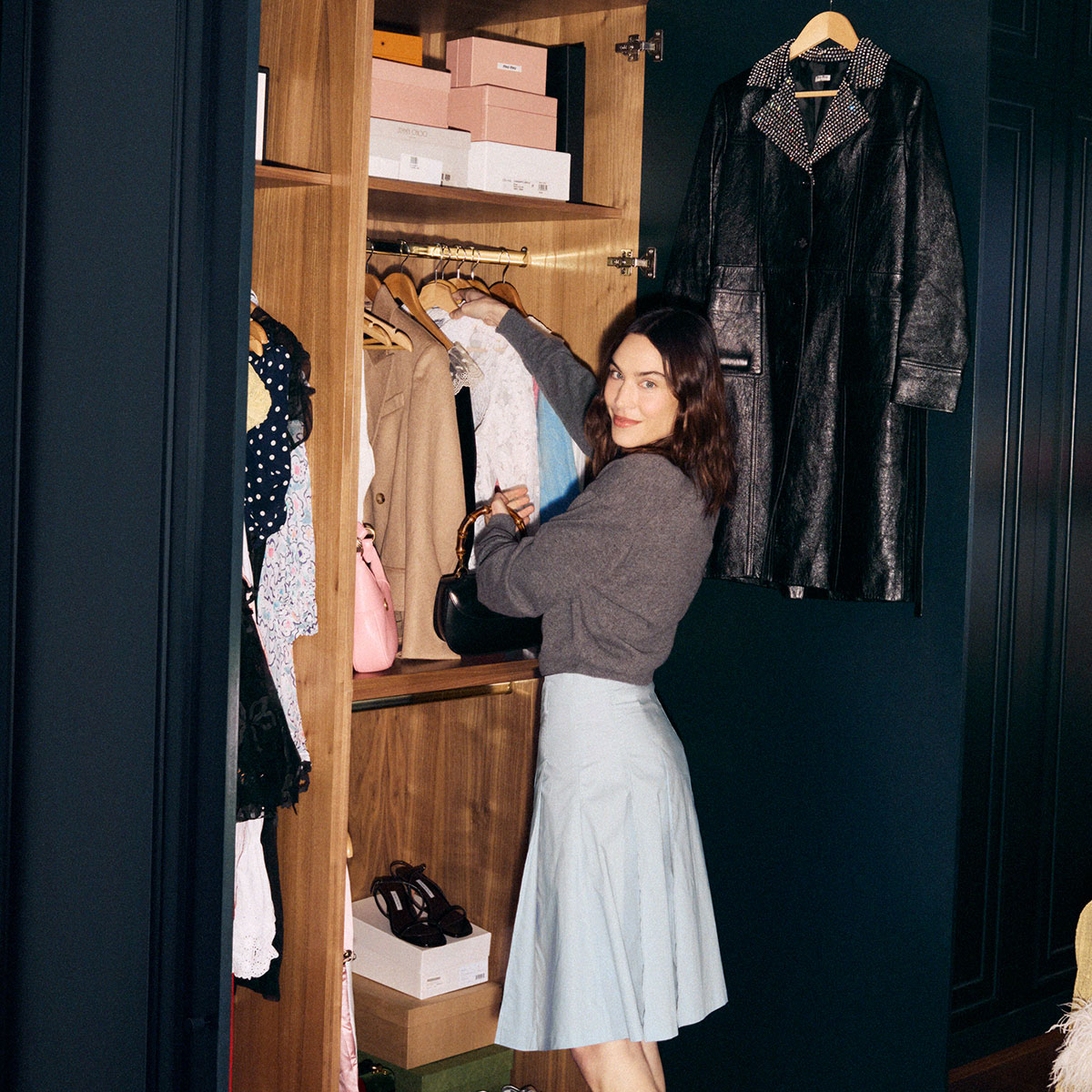 This is not a drill: you can now shop Alexa Chung's actual wardrobe on Vinted
This is not a drill: you can now shop Alexa Chung's actual wardrobe on VintedOwn a piece of sartorial history
By Penny Goldstone
-
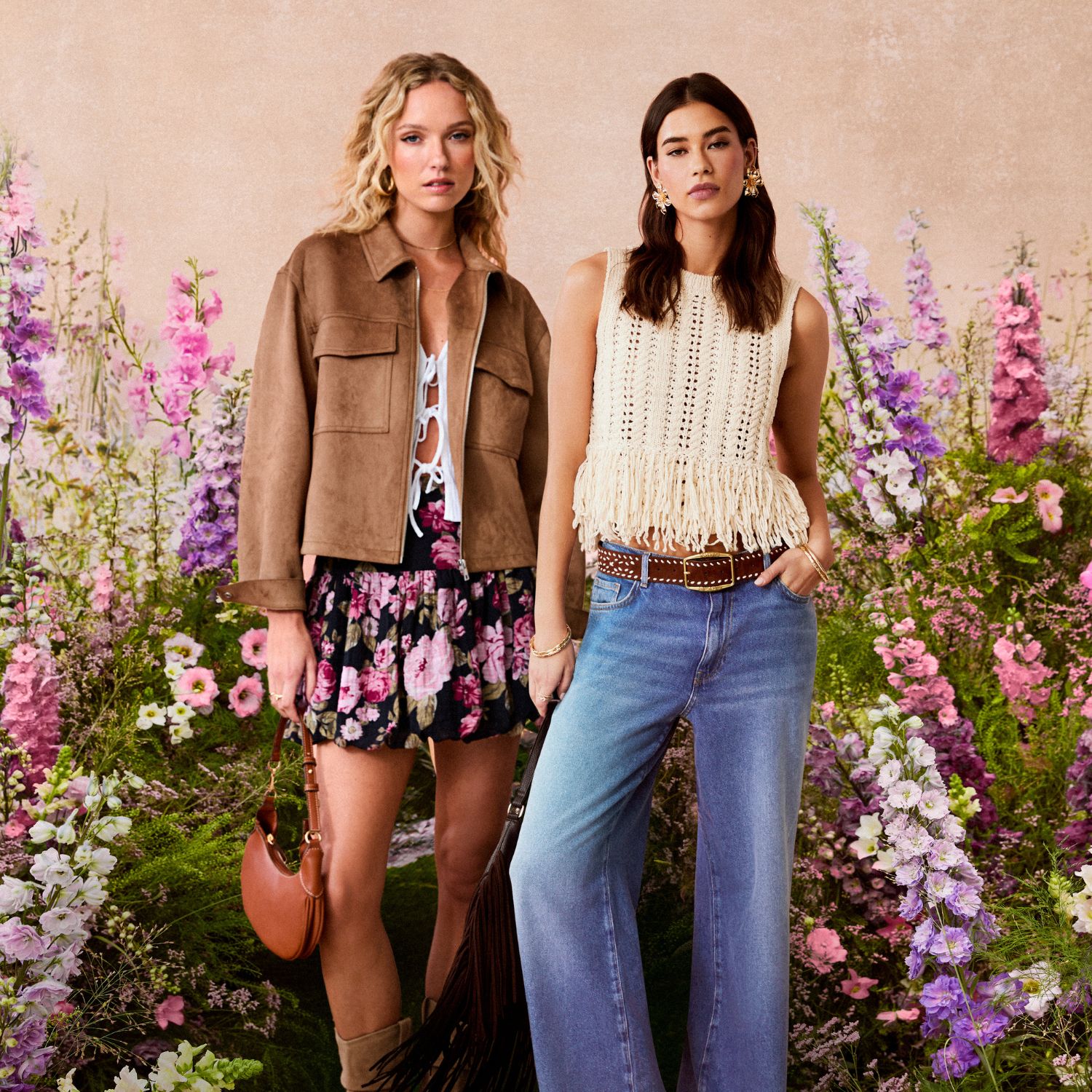 New Look’s spring collection has dropped—as a picky fashion editor, I’m seriously impressed
New Look’s spring collection has dropped—as a picky fashion editor, I’m seriously impressedSpring trends at affordable prices
By Jazzria Harris